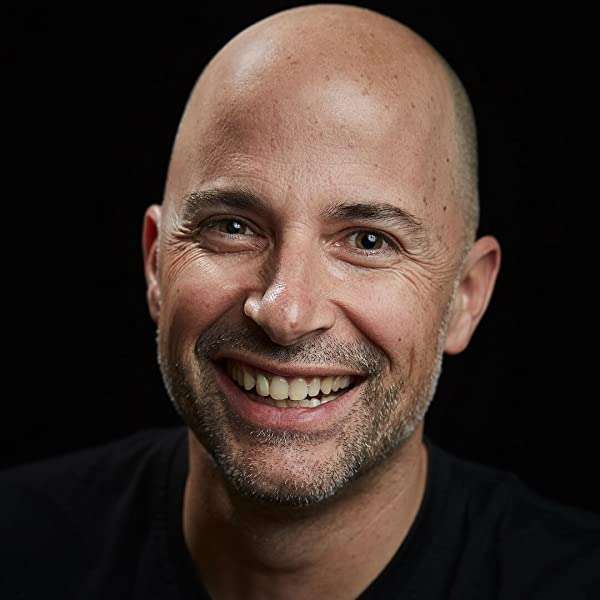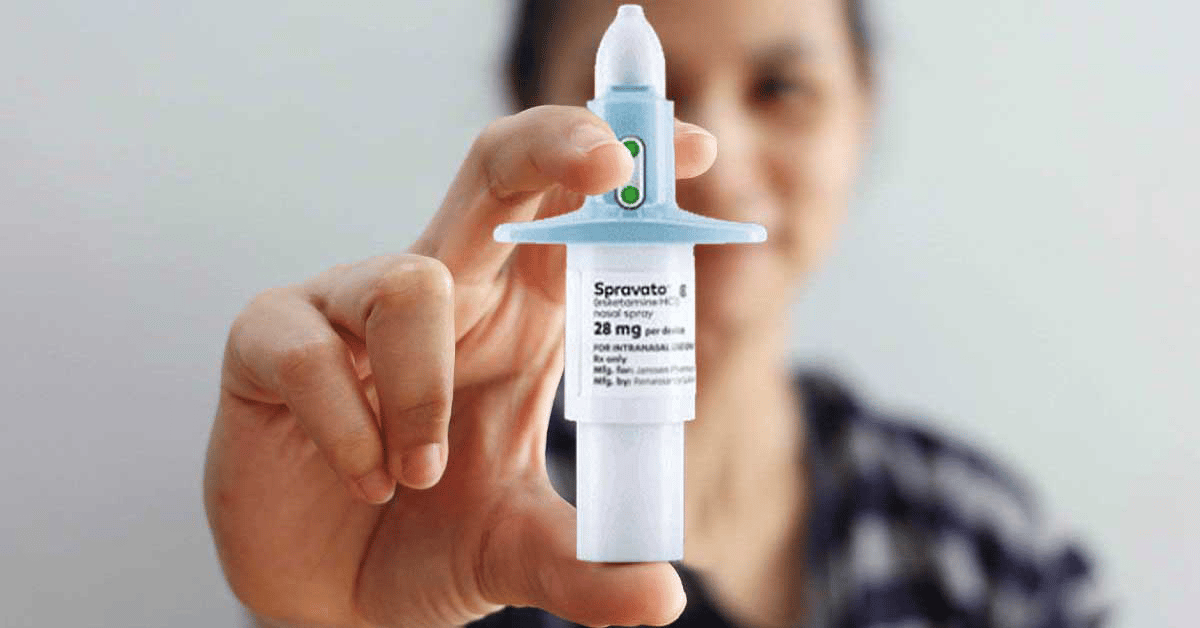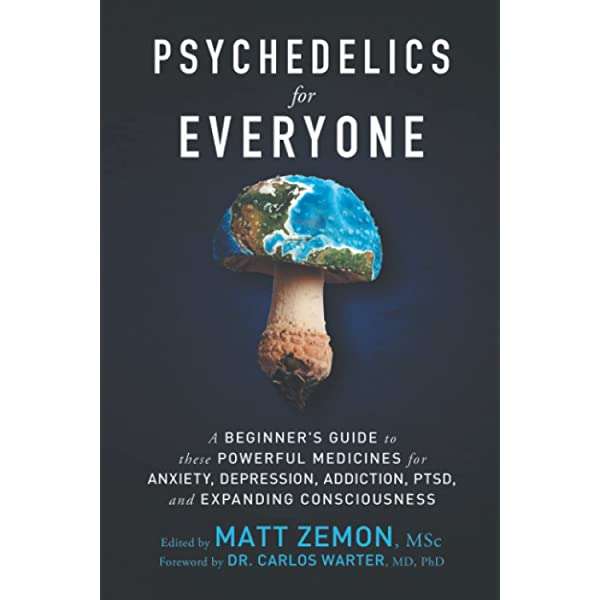Matt Zemon, co-founder and CEO of HAPPŸŸ, a mental wellness company focused on the emergent ketamine therapy category, has had a busy few years since he first experimented with psychedelics. He’s now at the forefront of a market expected to reach nearly $7 billion by 2027.
Psychedelic medicine is nearing an event horizon. Once lumped in with addictive substances like heroin and methamphetamines during the decades-long war on drugs, these medicines, some revered by Indigenous cultures around the world for ages, are now being studied at hundreds of universities and academic institutions around the world for a range of health benefits.
The outlook is promising: psychedelics have shown success in treating conditions including anxiety, depression, anorexia, autism, and addiction to other substances. They’ve also been eyed as treatments for physical illnesses such as chronic pain and migraines.
Legislation is catching up to the science; Oregon recently legalized psilocybin—magic mushrooms—for therapeutic use. The party drug MDMA could receive FDA approval for therapeutic use next year, and psilocybin is also likely to see FDA approval in the near future.
Cities including Oakland, Calif., Denver, Colo., and Washington D.C., have all decriminalized recreational psychedelic use, making them the lowest concern for law enforcement.

Zemon’s own journey with psychedelics began in 2019 when a psilocybin experience transformed Zemon’s worldview. That led him to co-found Take2Minutes, a nonprofit dedicated to helping individuals improve their mental health and well-being. In 2021 he co-founded Psychable, an online community focused on psychedelic practitioners and treatments, where he served as the platform’s Chief Strategy Officer. And most recently, he’s focused on the telehealth platform HAPPŸŸ, and has also just published his first book, Psychedelics for Everyone.
Ethos caught up with Zemon to chat about his own journey and how psychedelics could help change the future of mental wellness.
This article is edited for length and clarity.
Ethos: Can you talk about how your own experience with psychedelics impacted your relationship with depression? How long did the benefits last?
MZ: One of the things that completely surprised me during my first psychedelic experience was how unconditionally loved and safe I felt. I remember thinking to myself that I did not remember what it felt like to feel truly loved and safe. And I realized that because I had not known what it feels like to be truly loved and safe, I could not extend that type of love to the people I cared about in my life. And I knew immediately that I needed to change that.
As I moved into subsequent psychedelic medicine experiences, this feeling of unconditional love and safety—the foundational concept that “I am enough”—has been a consistent experience for me.
The other piece that I find amazing is that psychedelic medicine has allowed me to look at experiences from my past without the shame, blame, or guilt that historically had accompanied some of these thoughts. As an example, as a young teenager, I had inappropriate sexual contact with a family member ten years older than me. While I had compartmentalized these experiences, they were still buried deep inside of me and something I was mortified to discuss or even allow myself to think about.

On a psychedelic journey, I found myself right back in one of those situations. At first, I wanted to run but, as the experience continued, I saw something I had never seen before. Without forgiving or condoning her actions, I saw this person as a human being who was sad. Lonely. Looking for love. I could see and feel her hurt. I could recognize her substance use challenges. I could empathize with her.
And, with that empathy firmly established, I could feel myself healing. This healing is very different for me than compartmentalizing. I carry no shame, blame, or guilt anymore and a truly able to move on. For me, this is incredible.
Ethos: How soon did you know you wanted to shift your focus of study to this area?
MZ: I left my first psychedelic experience with a new perspective on the world. My mind had been open to a new set of possibilities. I couldn’t believe what I had experienced, and I wanted to learn more.
Within a year I had identified a Master of Science degree program in psychology and neuroscience of mental health with a university that had been doing psychedelic research and that would allow me to focus my synoptic project on psychedelic medicine. More specifically, I focused my project on the effectiveness of oral ketamine for the symptoms of adult anxiety. During this intense two-year program, I supplemented my school work by attending multiple psychedelic educational programs and reading everything I could get my hands on. I was shocked about how much literature was out there on psychedelic medicine and even more surprised to learn that there were thousands of papers published on the safety and efficacy of psychedelic medicine prior to the controlled substances act of 1970. I had grown up in the “just say no” 1980s and had believed that all drugs were bad. I was disappointed to learn that all of this was essentially political propaganda.
Ethos: Why is ketamine a suitable treatment for depression? How does it differ from psilocybin and other psychedelics?
MZ: It is estimated that as many as 40 percent of the population are resistant to traditional antidepressants. For those that do respond, antidepressants can take weeks to months to take effect and they come with side effects, including sexual dysfunction, gastrointestinal issues, weight gain, and suicidal ideation. All of this has led to people unnecessarily suffering while on antidepressants or suffering because they have opted out of these treatment options. A new option is needed.

Ketamine differs from psilocybin and other psychedelics in a number of ways. First, and maybe most significantly, ketamine is the only psychedelic that is available legally in the United States through off-label prescriptions. While the FDA has granted “breakthrough therapy” designation to MDMA and psilocybin, it is not expected for either of those psychedelic medicines to be legal for at least another couple of years.
Second, ketamine experiences are significantly shorter than psilocybin and many other psychedelics. A typical ketamine session lasts about an hour while psilocybin and MDMA can last six to eight hours.
Third, ketamine works on the glutamate system while many other psychedelics stimulate serotonin levels in the brain. Because of this, people are able to take ketamine while still on many antidepressants.
Ethos: What do people need to know about using ketamine in addition to their pharmaceuticals (or in lieu of), and how are medical professionals adjusting to this for their patients?
MZ: Ketamine has been used as a safe and effective anesthetic for decades, dating back to the battlefields of Vietnam. However, it has only recently started to gain momentum in the psychiatric community because of its therapeutic properties. Ketamine is listed on the World Health Organization Model List of Essential Medicines, which lists drugs considered to be the most effective and safe while meeting a health system’s most important needs.
Low doses of ketamine administered to treat depression can sometimes lead to side effects like feeling odd, the sensation of floating, sedation, dissociation, and impaired cognitive abilities. Physical side effects can include increased blood pressure and heart rates, dizziness, vomiting, and headaches. The long-term effects of repeated treatment with ketamine are not currently known and more studies are needed in order to determine any potential risks that may exist with long-term treatment.

Before choosing a ketamine provider, it is important for patients to do their research and to be aware of the quality of services offered. Some clinics may be staffed by qualified professionals who can provide high-quality care, while others may not be as reputable and may not provide the same level of care. Some ketamine providers include mental health preparation and integration options while others believe that the bio-chemical reaction is enough. As a result, it is important for patients to be aware of what to look for before making a decision on who is right for them.
The high cost of ketamine treatment can be a barrier to people getting the help they need. Insurers typically do not cover ketamine treatments, which can cost between $400 and $2,000 per session. Esketamine nasal spray can cost up to $885 per treatment but is, in some cases, covered by insurance. As a result, doctors often work with compound pharmacies to create an off-label ketamine nasal spray for patients at a lower price point. Companies like HAPPŸŸ, Mindbloom, and nue.life have brought the cost down to closer to $150 per session by prescribing via telehealth and having the patients take their treatment at home.
Ketamine is a powerful drug that has been shown to be effective in the treatment of certain mental health conditions. However, it is not without its risks, and when misused, it can lead to serious health problems. Therefore, it is not recommended that individuals attempt to self-medicate with ketamine. Instead, ketamine should only be used under the supervision of a trained professional.
Ethos: How do HAPPŸŸ and Psychedelics for Everyone intersect for you?
MZ: I don’t believe everyone should take psychedelics, but I do believe that psychedelics are for everyone.
As I learned more about psychedelic medicine, my understanding of the war on drugs shifted. I used to believe that drugs were inherently harmful and that we should do everything in our power to stop people from using them. But during this journey, I learned that this isn’t always the case. I have concluded that it’s important to have an open mind and not just accept what we’re told about drugs. We need to explore all aspects of drug policy and find solutions that work best for everyone.

There is a lot of information on psychedelics available, but I found that much of it is not written for the average person. With Psychedelics for Everyone I set out to write a book for someone with a non-science background. It was important to me that I also had the book medically reviewed for accuracy. My hope is that Psychedelics for Everyone is looked at as a source of unbiased, science-based insights that anyone can read, understand, and trust.
HAPPŸŸ is here to fight the unhappiness epidemic and the massive mental health challenges that cause so much pain. HAPPŸŸ combines proven, evidence-based treatments, including psychedelic-assisted ketamine therapy. We keep our costs down by providing these services via telehealth.
We believe that the research shows that ketamine can often help people suffering from anxiety or depression better than typical antidepressants and without the side effects. There is a reason why the National Institute of Health said that ketamine is the most important breakthrough in anti-depressant treatment in decades and called it a “miracle” medicine.
HAPPŸŸ is exponentially increasing access to breakthrough evidence-based psychedelic medicines and delivering a multidisciplinary longitudinal solution, bridging traditional remedies and combining the power of digital health technologies, mindfulness, behavioral neuroscience, and other proven therapies to create curated life-transformative therapeutic experiences that can help restore our mental, spiritual, physical well-being. For many people, this is like getting years of therapy in hours or days.
For more info, check out the HAPPŸŸ website and Matt’s personal website.
Read more about psychedelic therapy:


